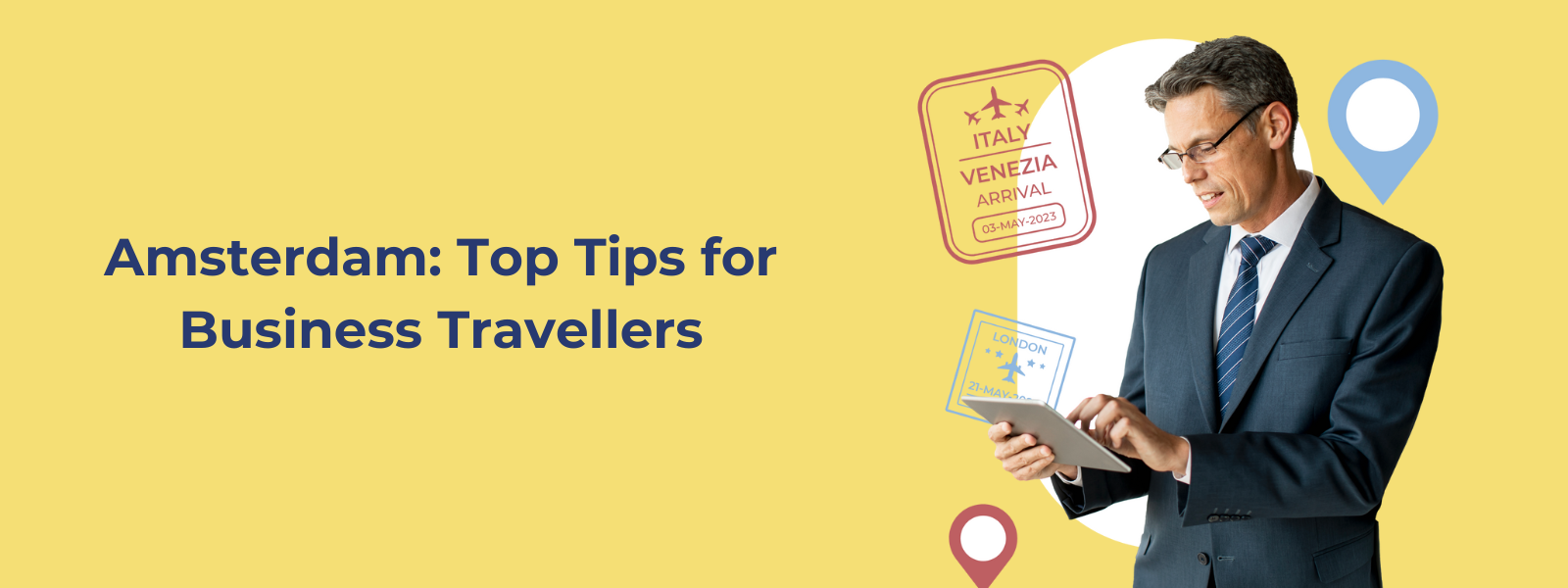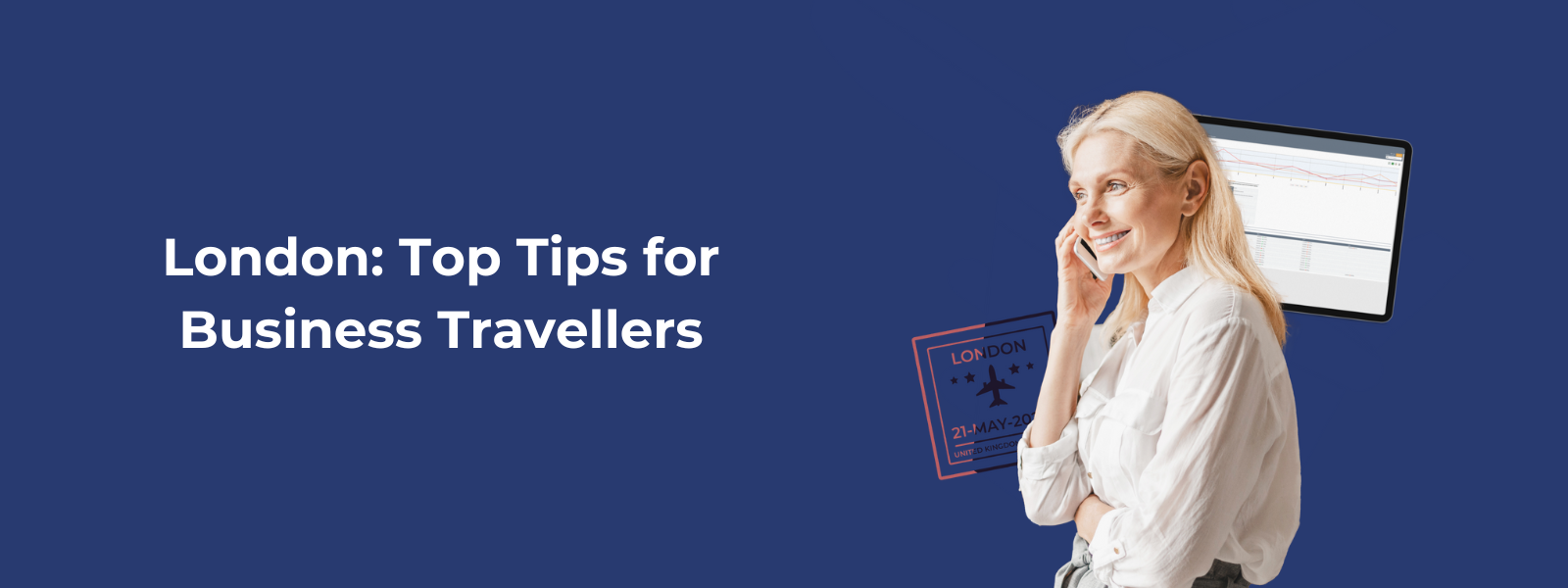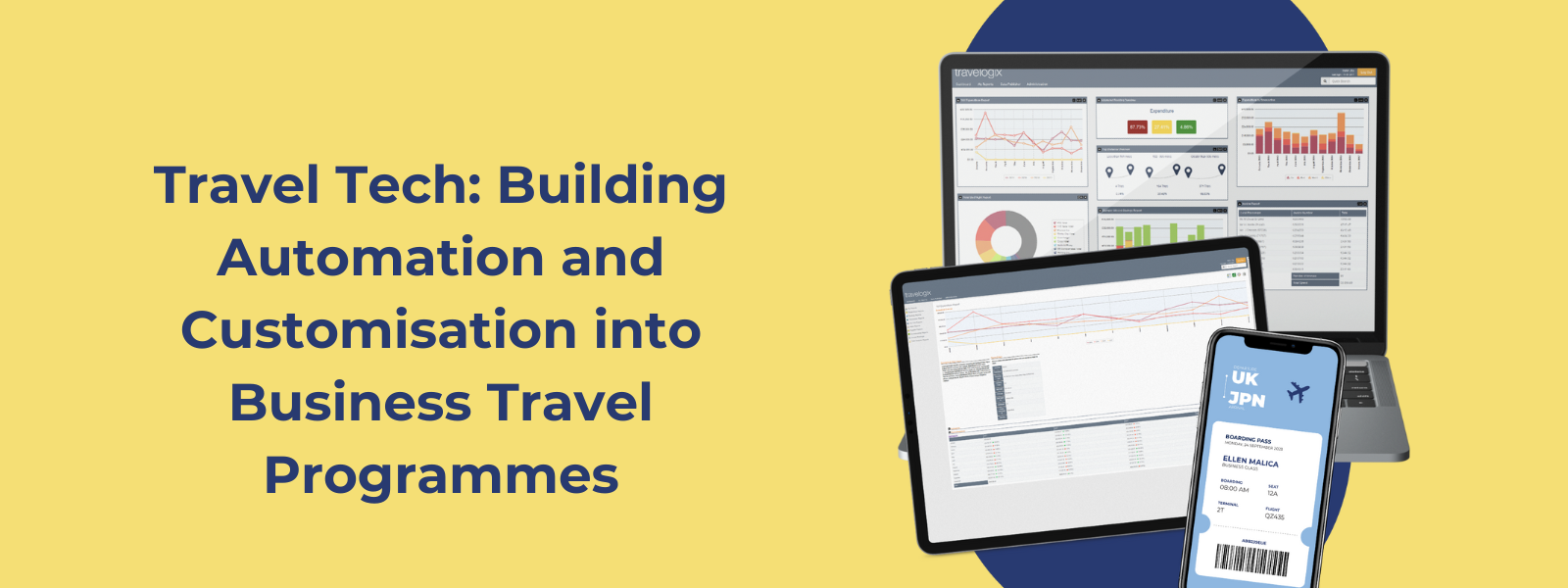Barcelona is one of Europe’s most vibrant (in fact, vibrant might be underselling it!) business hubs, attracting professionals from around the world for conferences, meetings, and corporate events.
With its mix of rich culture, stunning architecture, and a thriving business ecosystem, the city offers an ideal environment for work and leisure. To make the most of your business trip, here are some top tips to ensure a seamless experience in the Catalan capital.
Choosing the right accommodation
When travelling for business, location is key. Barcelona has a variety of business-friendly hotels, many of which are located in the Eixample district or near Plaça de Catalunya, offering easy access to key business areas and transport links.
If you’re attending an event at Fira Barcelona — which is often where many conventions and trade fairs are held — consider staying in the L’Hospitalet district for convenience. Many hotels cater specifically to business travellers, providing meeting rooms, high-speed Wi-Fi, and concierge services tailored for professionals.
Navigating the city
Barcelona’s public transport network is efficient and well-connected. The metro system is one of the fastest ways to get around, while taxis and ride-hailing services like Cabify are widely available. If you’re travelling between business meetings, consider using the Aerobús from the airport, which provides a direct link to the city centre. Alternatively, renting a bike or using electric scooters can be a practical and environmentally friendly way to navigate shorter distances.
Dining and networking spots
Barcelona is known for its culinary scene, and business travellers can take advantage of this by choosing venues that blend fine dining with a productive atmosphere. The Passeig de Gràcia area is home to several high-end restaurants ideal for client meetings. For a more relaxed setting, head to the El Born district, where trendy cafés offer a mix of informal and professional networking opportunities.
If you’re looking for a quick yet quality meal between meetings, try one of the city’s many ‘menu del día’ lunch options, which provide excellent value.
Making time for culture
Even with a packed schedule, it’s worth taking time to experience some of Barcelona’s cultural highlights. Who knows when you’ll next be back?
If you only have a short window, a quick visit to Gaudí’s iconic landmarks, such as La Sagrada Família or Casa Batlló, offers an inspiring break. It’s some of the most unique architecture in Europe, and the ongoing nature of its construction lends to its timeless qualities.
Football enthusiasts may want to visit the Spotify Camp Nou, home of FC Barcelona, which also hosts corporate events and VIP experiences. For a more relaxed end to your day, the beachfront at Barceloneta is perfect for unwinding after work.
Business etiquette in Barcelona
Understanding local business culture can help make a great impression. Punctuality is valued, though meetings often start with a bit of small talk before getting down to business. A handshake is the standard greeting, and business dress is generally smart but not overly formal, with many professionals opting for a stylish yet relaxed approach.
If you’re invited to a business dinner, expect long, engaging conversations over several courses. Relationship-building is highly valued in Spanish business culture.
Staying connected and productive
Barcelona is a tech-savvy city with plenty of co-working spaces and business lounges. If you need to catch up on work between meetings, spots like OneCoWork at Marina Port Vell or Spaces 22@ offer flexible workspace solutions with high-speed internet. Many cafés and hotel lobbies also provide free Wi-Fi, but always use a VPN if handling sensitive company data.
Embrace Barcelona’s culture and all it has to offer
Barcelona is an exciting and dynamic city for business travellers, offering the perfect blend of work and leisure. By choosing the right accommodation, understanding the transport network, and making time for cultural experiences, you can ensure a productive and enjoyable trip. With a little planning, your business visit to Barcelona can be both efficient and inspiring.
Visit our news section for more guides and tips on the most popular travel destinations.









